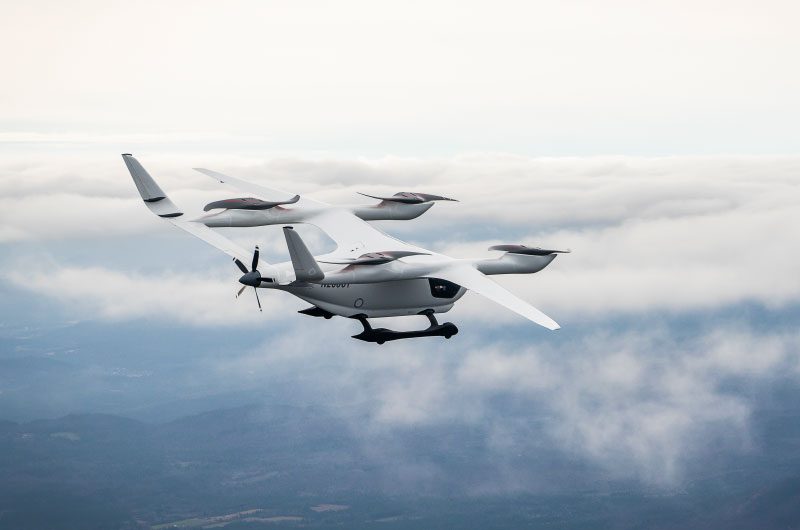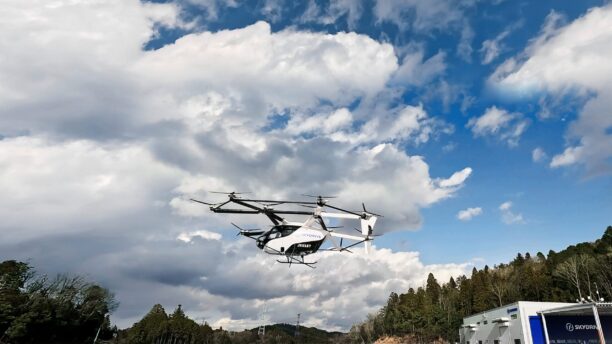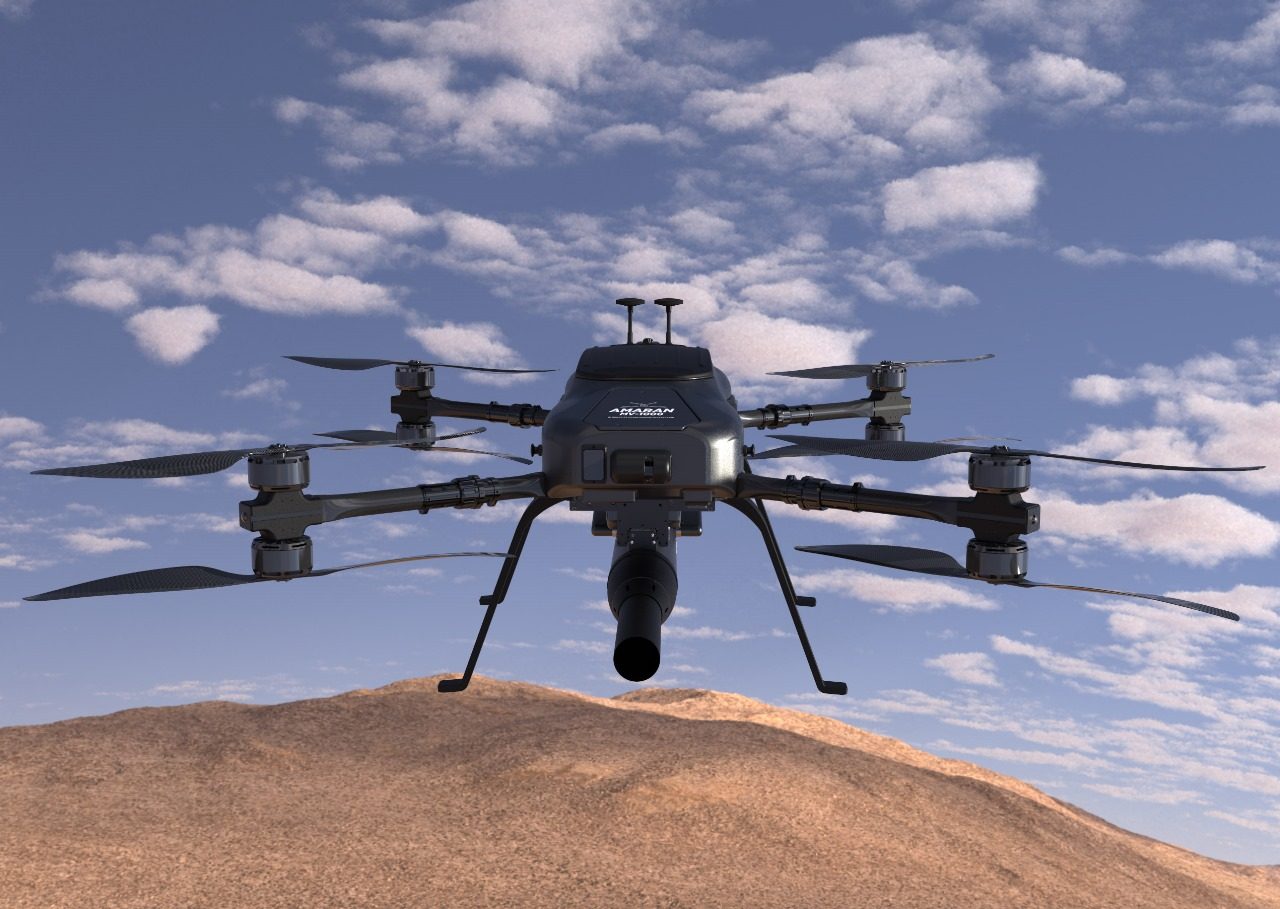
Charging Infrastructure Helps Each Air and Floor Automobiles
Florence Regional Airport (FLO) has put in South Carolina’s first electrical plane charger by means of a partnership with BETA Applied sciences, a Burlington, Vermont-based electrical aerospace firm. The brand new charging infrastructure helps electrical plane and floor automobiles, positioning FLO to increase its operations for the longer term.


Multimodal and Interoperable Charging Infrastructure
BETA Applied sciences designed the chargers to accommodate numerous electrical plane and floor automobiles, resembling automobiles, vans, and vehicles. FLO has put in a Stage 3 quick charger on the airside of the airport for electrical plane and assist automobiles. Moreover, a two-port Stage 2 charger has been positioned within the parking zone for public use.
With this infrastructure, FLO is getting ready for the way forward for electrical transportation, which might result in financial progress and new job alternatives within the area. Mike Miller, President of the Florence Chamber of Commerce, said, “This can be a nice funding for our airport to leap into this new know-how. It retains KFLO rising and creating new transportation choices to service the area and state of South Carolina.”
Gregg Robinson, CEO of the Florence County Financial Growth Partnership, additionally helps the event, saying, “My workplace stands prepared to assist business companions make the most of FLO’s distinctive set of belongings to determine new enterprise ventures that may create progressive new jobs for our area alongside new transportation companies for our residents and companies.”
BETA’s Cost Dice and Thermal Administration System
The charging infrastructure consists of BETA’s Cost Dice, which is UL-certified and designed for security, effectivity, and ease of use. The system incorporates a 50-foot twine, making it suitable with numerous plane configurations. It additionally integrates with BETA’s Thermal Administration System (TMS), which helps cool battery packs and plane cabins between flights.
Nate Ward, BETA Applied sciences’ Head of Community Growth, emphasised the significance of this infrastructure for future aviation. “There are such a lot of alternatives that come together with new aviation applied sciences, like low-cost operations, new jobs, and financial stimulation. This infrastructure is essential to enabling the aviation know-how of the longer term. We’re glad to be working with Florence Regional Airport to convey these alternatives to South Carolina.”
Florence Regional Airport’s Position in Increasing Electrical Aviation
Brad Beadles, Director of Florence Regional Airport, highlighted the importance of the collaboration with BETA. “We’re proud to companion with BETA on such an progressive and rising know-how as electrical plane and eVTOL. We warmly welcome BETA clients, enterprise companions, and different electrical plane customers to make the most of the sources we provide and companion with us as we construct out a transit hub for our area.”
FLO joins a rising community of charging websites BETA is growing throughout the USA. BETA has already put in chargers at 47 places, with greater than 20 further websites in progress. These installations serve business, army, and medical customers and goal to attach communities in each city and rural areas.
BETA Applied sciences and Its Electrical Aviation Fleet
Past charging infrastructure, BETA is growing electrical plane. Its fleet consists of the ALIA CTOL, an electrical airplane designed for airport-to-airport journey, and the ALIA VTOL, an electrical vertical takeoff and touchdown plane. The corporate’s clients embody UPS, Air New Zealand, United Therapeutics, Bristow, Blade, LCI, Metro Aviation, New Zealand Air Ambulance Service, Helijet, and the U.S. Division of Protection.
Florence Regional Airport’s funding in electrical charging infrastructure aligns with broader efforts to advance electrical aviation and sustainable transportation. Because the business grows, FLO’s strategic transfer might assist future transportation wants whereas boosting native financial alternatives.
Need DRONELIFE information delivered to your inbox each weekday? Join right here.
Learn extra:


Miriam McNabb is the Editor-in-Chief of DRONELIFE and CEO of JobForDrones, knowledgeable drone companies market, and a fascinated observer of the rising drone business and the regulatory setting for drones. Miriam has penned over 3,000 articles targeted on the business drone house and is a global speaker and acknowledged determine within the business. Miriam has a level from the College of Chicago and over 20 years of expertise in excessive tech gross sales and advertising for brand new applied sciences.
For drone business consulting or writing, E-mail Miriam.
TWITTER:@spaldingbarker
Subscribe to DroneLife right here.






